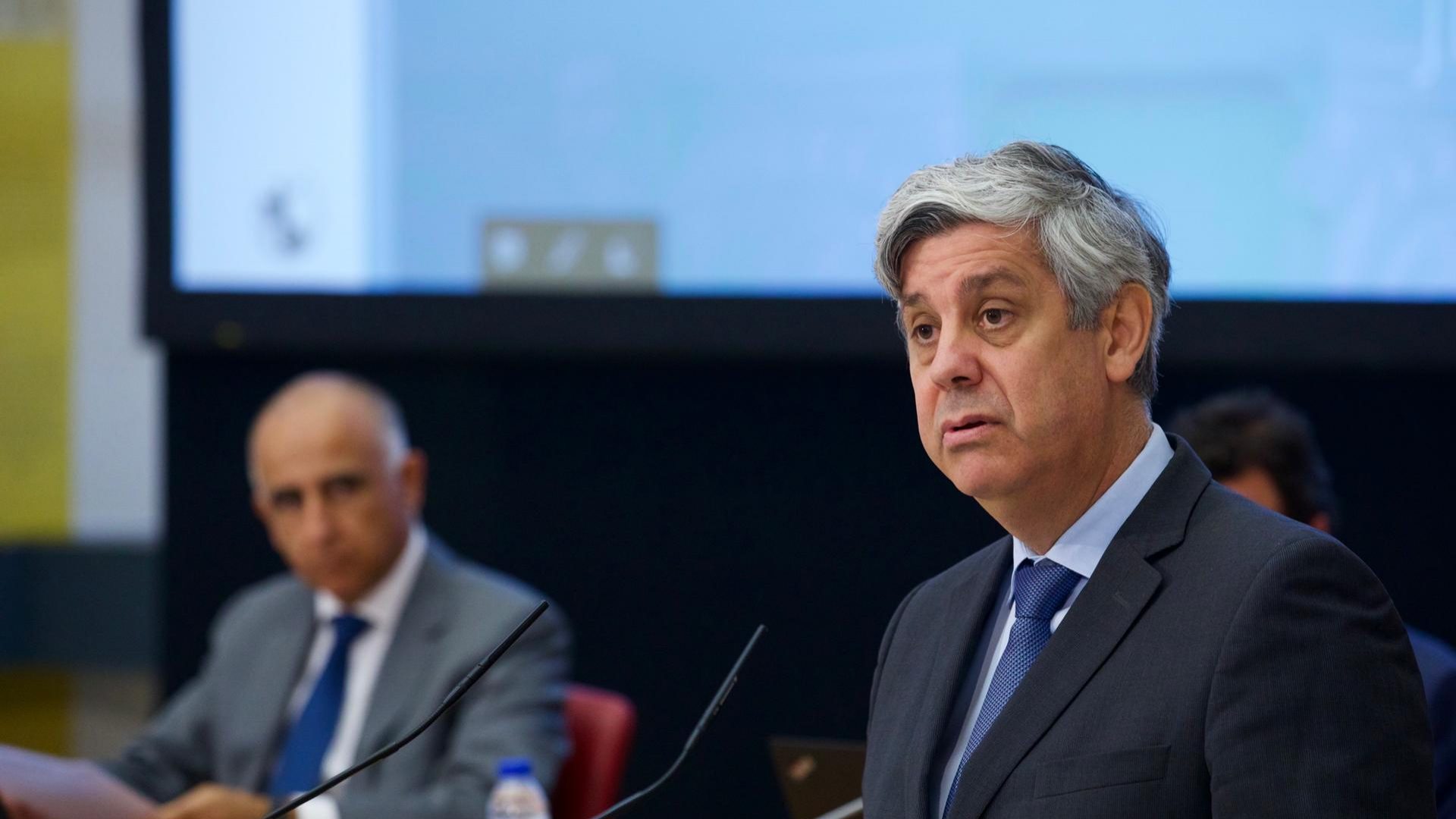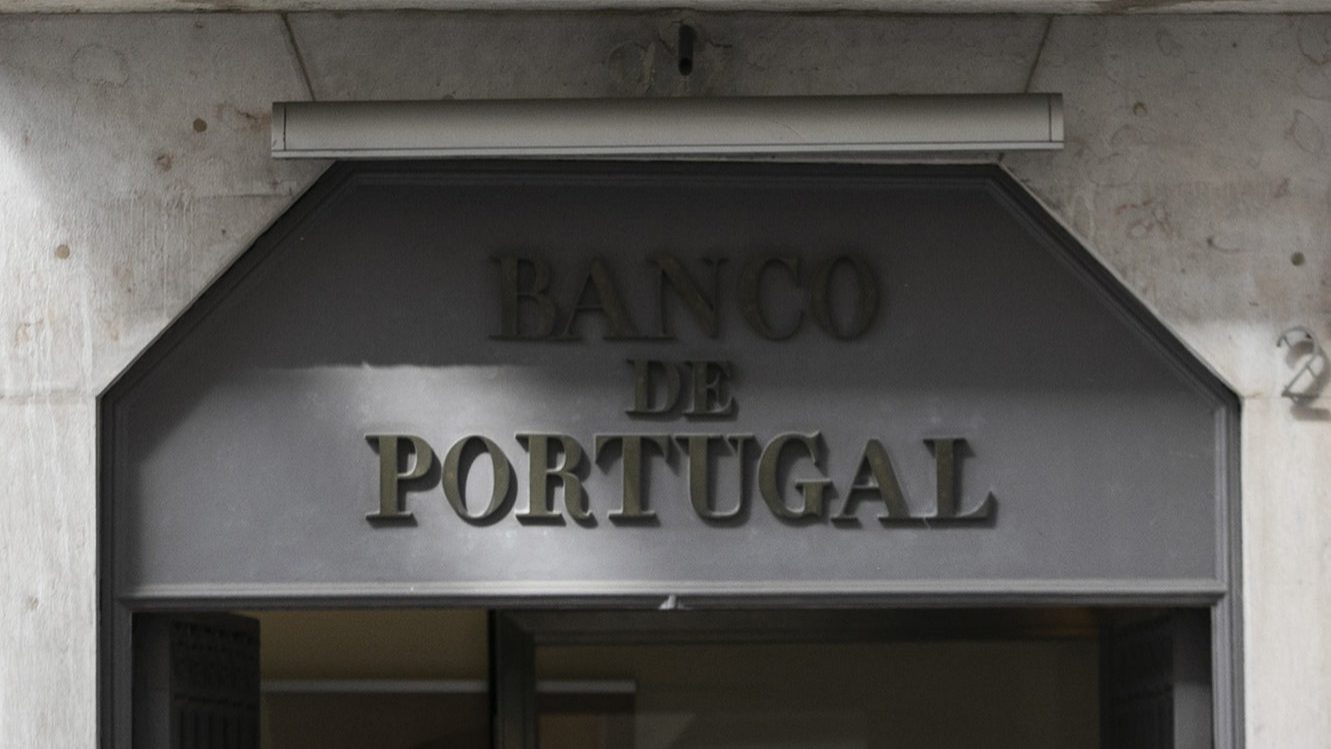ECB could stabilise or halt interest rate rises in May
ECB has raised the price of money since July last year by 350 basis points to 3.50%, with the latest hike, of 50 basis points.
The governor of the Bank of Portugal, Mário Centeno, has said that the “ingredients” that the ECB has for the May monetary policy meeting are “very favourable” to a stabilisation or, at the limit, a halt to interest rate rises.
In an interview with Portuguese news agency Lusa, the governor of the Bank of Portugal noted that the decision of the board of governors of the European Central Bank (ECB) on interest rates at the meeting scheduled for 4 May is open, as it will be based on data, but stressed that “I would like [stabilisation or a halt to rises] to happen.
The ECB has raised the price of money since July last year by 350 basis points to 3.50%, with the latest hike, of 50 basis points, announced on March 16. At that time, eurozone central bank president Christine Lagarde said upcoming interest rate decisions depend on economic and financial data because uncertainty has increased with tension in financial markets.
“The ingredients we have for this decision are very favourable for a stabilisation of the rate hike process. And, at the limit, why not, to a halt in the process of rate hikes,” Mário Centeno said.
“I would like that to happen,” he said, adding that, “obviously, because it is predictability that we have been talking about for a long time, but that it is not caused by turbulence in the financial market.”
In relation to the data that the ECB will analyse, Centeno recalled that the central bank knew that January and February data would be challenging, because of the many automatic price updates due to the calendar.
“Even so, inflation fell more than what we expected in December, when we had the last forecast,” he explained.
Centeno stressed that with the update of the ECB ‘staff’ forecasts announced in March, the central bank now has a much lower inflation profile over the horizon than it had in December.
“And this is the most important information we have for taking decisions in May. It is very important that this forecast is corroborated by the [flash estimate of eurozone inflation in March] number that will come out Friday [31 March], and then by the number that will come out at the end of April regarding inflation for that month,” he said.
The governor of the Bank of Portugal recalled that on the ECB’s radar are also expectations of price developments recorded and, surveys of households, professionals and companies.
“For example, households are always the most pessimistic economic agent with regard to future prices, especially when we are in inflationary periods, but the latest survey we have, the latest survey we have at the beginning of this year, shows that households, in the medium term, have also revised their price expectations very low,” he added.
“If all this is confirmed and if the financial situation as we expected remains stable, the last thing I would want is for us to change monetary policy because of turbulence in the financial sectors,” he said.


